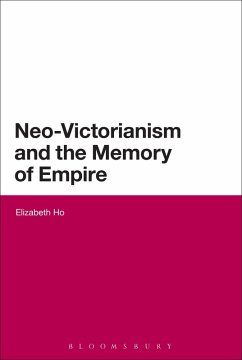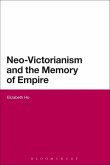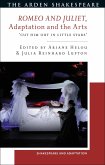Examining the global dimensions of Neo-Victorianism, this book explores how the appropriation of Victorian images in contemporary literature and culture has emerged as a critical response to the crises of decolonization and Imperial collapse.
Neo-Victorianism and the Memory of Empire explores the phenomenon by reading a range of popular and literary Anglophone neo-Victorian texts, including Alan Moore's Graphic Novel From Hell, works by Peter Carey and Margaret Atwood, the films of Jackie Chan and contemporary 'Steampunk' science fiction. Through these readings Elizabeth Ho explores how constructions of popular memory and fictionalisations of the past reflect political and psychological engagements with our contemporary post-Imperial circumstances.









